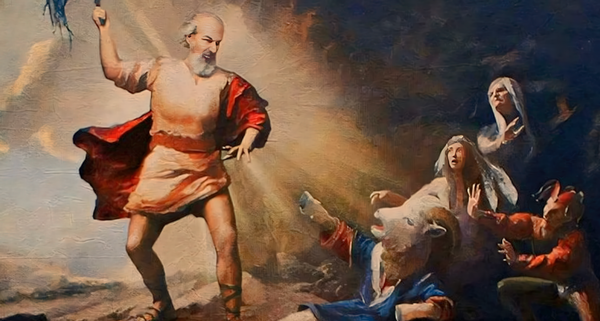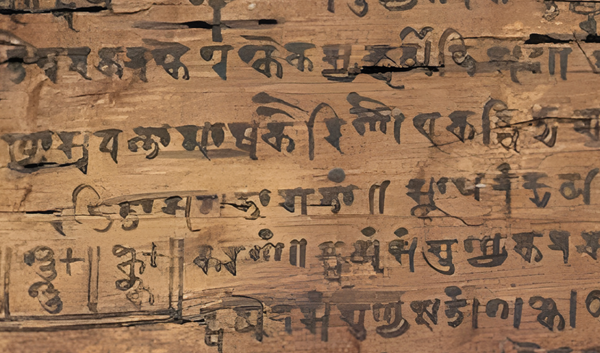Jung Blurred
It's been over a decade since Richard Noll first put a challenge to Jungians: prove that analytical psychology rests on firm scientific ground, otherwise agree that it's just a religion or pseudoscience. He was right to make this challenge.

In my opinion, Jungians have lost their way – attaching themselves to new age voodoo, astrology, and any other practice that will sell books to the masses. Remember, Jung was an M.D. and did research according to the experimental method. Some of his best early work on complexes is the foundation on which much of modern psychology is based.
There is currently some very interesting work going on in consciousness studies and evolutionary biology. In John Haule’s draft of Evolution and Archetype: The Biology of Jung, he quotes Shamdasani:
If Jung thought that his pupils were distorting his work and creating “rubbish” while he was alive, imagine what his opinion would be today.
I’d imagine it would be outrage that so much utter nonsense was being claimed his name. I’d like to applaud Haule for his efforts to bring some of the more marginal elements claiming to be “Jungian” to task on their flimsy (if any) research and practices. The most fertile ground for this research program is exactly where Jung left off, in the biological sciences. In closing, I’d like to quote Richard Noll from an interview I did with him for the Jung Index in 1997:
The majority position in Jungian circles today seems to be summed up by: “Science is not everything.”
This position unfortunately hasn’t changed much since Noll’s first challenge in 1994. Haule’s piece is taking this outdated ideology squarely. He feels that Jung’s core mission has been lost over the years. I agree. Though the tools were not available to Jung at the time, he did have a strong ‘hunch’ that the archetypes were firmly rooted in phylogeny or biology. To quote Noll, “How interesting it is that non-Jungians can’t seem to find the collective unconscious anywhere. And this is the case after 300 years of experimental science and a century of work on the biology and cognitive processes of human memory. Science is wrong, the world is wrong, and only Jung is right? I think not.”
My project here is unapologetic: to begin a serious dialogue about the scientific foundations of Analytical Psychology and its potential contributions to psychology and consciousness studies. I do admit to being dismayed that after a decade not much has changed (I honestly thought it might). I find most laypeople remarkably ill-informed and lack proper scientific education. This goes doubly for Americans – where scientific education is at an all-time low.




